Hampton 水晶透明密封带Crystal Clear Sealing Tape

3 inch, 1.88 inch, 1.88 inch with dispenser, 0.75 inch with dispenser (left to right)

0.75 inch Crystal Clear Sealing Tape
Applications 应用
Sealing tape used to seal sitting drop crystallization experiments
Description
These optically clear tapes are compatible with protein crystallization reagents. The polypropylene Crystal Clear Sealing Tapes use acrylic solvent based adhesives which are compatible with aqueous crystallization reagents.
Catalog number HR3-511 is a 1.88 inch (48 mm) wide, 3 mil tape on a 43.7 yard (40 M) roll with a 1.5 inch core and is supplied with a green dispenser / cutter.Catalog number HR4-511 is a 1.88 inch wide, 3 mil tape on a 60 yard roll with a 3 inch core and no dispenser / cutter.Two strips of the HR3-511 or HR4-511 will seal a Corning, Cryschem, CrystalClear Strip, Greiner, Intelliplate, Linbro, Swissci (MRC), VDX and VDXm plate.Catalog number HR4-506 is a 3 inch wide, 3 mil tape on a 54.86 yard roll with a 3 inch core and no dispenser / cutter.One strip of the HR4-506 will seal a Corning, Cryschem M, CrystalClear Strip, Greiner, Intelliplate, Swissci (MRC) and VDXm plate.Crystal Clear Mini Sealing Tape HR4-508 is a 0.75 inch (19 mm) wide, 3 mil tape on a 650 inch (16.5 M) roll and is supplied with a clear dispenser / cutter. The tape is useful for resealing or patching wells after mounting crystals. The tape is also wide enough to seal a single row of a Cryschem S or Cryschem M plate.See chart for tape and plate compatibility.
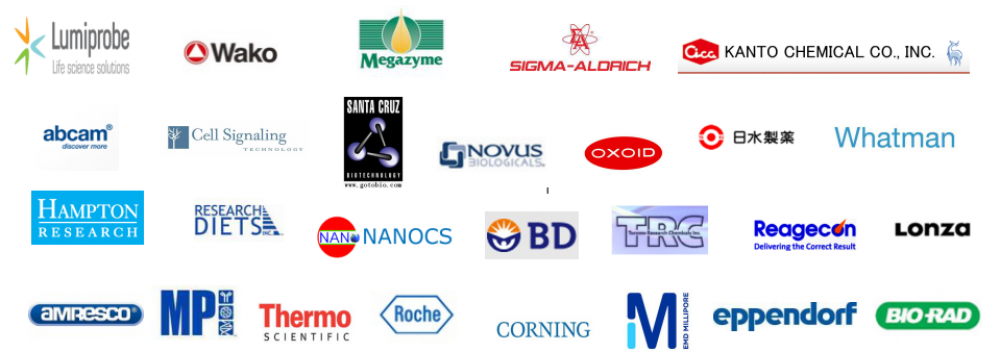
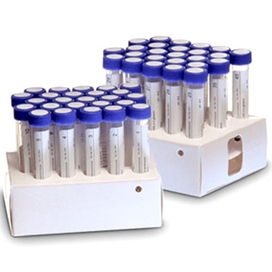
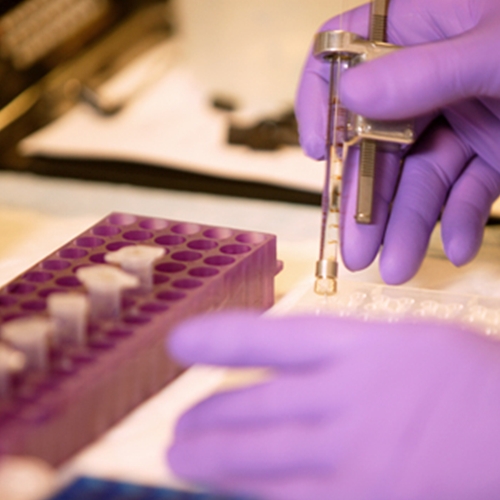
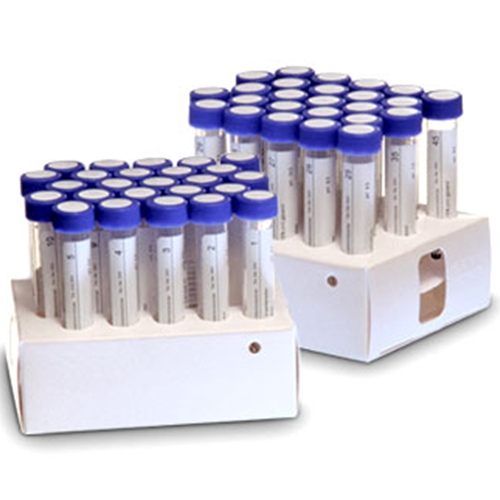
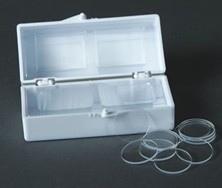
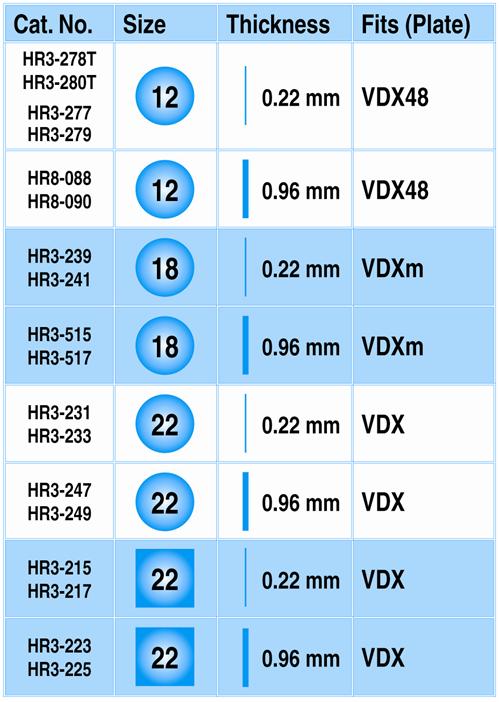
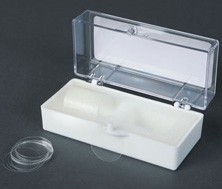
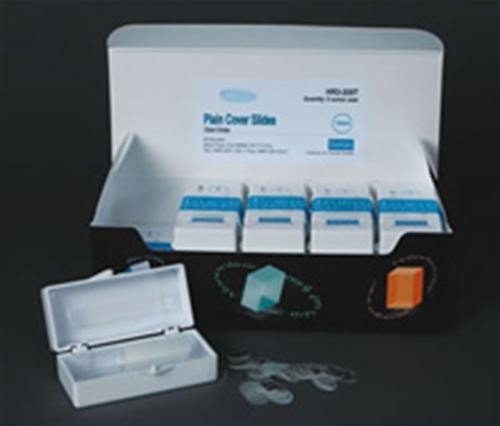
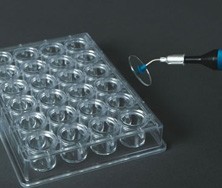


 Generally Recognized As Safe reagent formulationDeveloped at Hampton Research
Generally Recognized As Safe reagent formulationDeveloped at Hampton Research